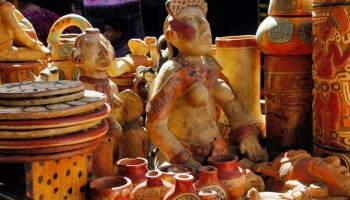Each country included in the report is placed into one of three tiers, based on the extent of governmental efforts to comply with the “minimum standards for the elimination of trafficking,” defined by the US Law on Trafficking in Persons.
Tier 1 indicates a country that acknowledges trafficking exists and is trying to eliminate it and that complies with the minimum standards. Tier 2 countries do not fully comply but are making a significant effort to do so. The Tier 3 countries do not comply with the minimum standards and are not making appreciable efforts.
In the Balkans and Eastern Europe, the greatest obstacles to ending trafficking are lack of funding and lack of political support for the efforts of anti-trafficking NGOs, plus corrupt police and legal systems. All that means victims don’t get identified or protected and traffickers are not prosecuted. These countries are source, destination, and transit countries. Victims are exploited domestically, as well as abroad. Across the region, children, women and Roma people are at the highest risk of being trafficked.
Croatia, Lithuania, Macedonia and Georgia all ranked in Tier 1. Tier 2 countries include Albania, Armenia, Azerbaijan, Bosnia and Herzegovina, Bulgaria, Greece, Hungary, Kosovo, Latvia, Moldova, Montenegro, Romania, Serbia, Ukraine and Turkey. Russia, Belarus, and Cyprus are on a Tier 2 Watch List, and will be dropped to Tier 3 next year if they don’t pick up anti-trafficking efforts.
After being the only country to slip from Tier 1 to Tier 2 last year, the Czech Republic managed to regain its Tier 1 status. This improvement is due to a series of new anti-trafficking laws and successful convictions against traffickers.
Portugal fell to Tier 2 this year as its new anti-trafficking laws fail to put convicted traffickers behind bars. Bosnia also fell to Tier 2, because it made no appreciable progress in prosecuting and convicting traffickers, or in protecting the victims. Another damaging factor is the lack of political support and funding for NGOs and institutions that help trafficking victims.
US officials use the TIP report as a diplomatic tool to pressure for action against trafficking. While estimates vary, about 27 million victims of labor and sexual exploitation exist around the world.





